Philippines, Malaysia and Indonesia on the lookout for Islamic State pirates
The decision came after a wave of attacks that saw militants kidnapping and murdering foreigners
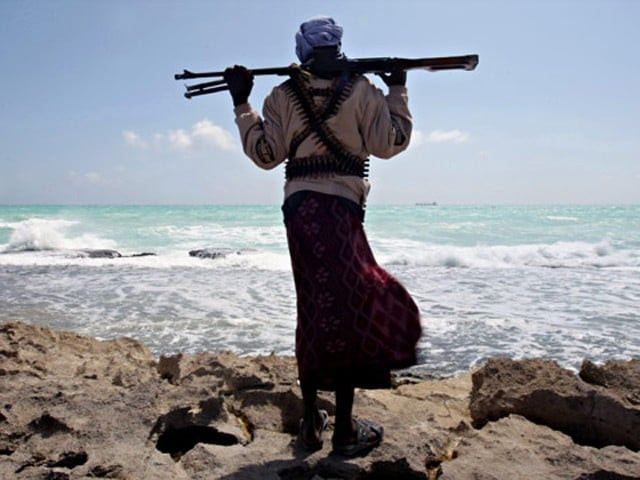
The Abu Sayyaf, a kidnap-for-ransom network that has pledged allegiance to the Islamic State (IS) group, has been kidnapping sailors on fishing vessels and cargo barges including a German national who was beheaded last month after ransom demands were not met.
Philippines Defence Secretary Delfin Lorenzana said he and his counterparts from Malaysia and Indonesia had agreed to patrol a sea lane where commercial vessels could pass with protection from the navy of the three nations.
"We are inaugurating some time in April or May a joint patrol of the three nations in that area," Lorenzana said in a news conference.
Troubled at sea: Freed seaman recounts atrocities of Somali pirates
"[Vessels] cannot stray beyond that lane so that we can help protect them," he added.
The waters between the three nations have become increasingly dangerous in recent years, with maritime officials warning of a "Somalia-type" situation if the attacks are not addressed.
In February, the Abu Sayyaf murdered Jurgen Kantner, 70, five months after his yacht was found drifting off the southern Philippines with the body of his female companion, Sabine Merz, who had been shot.
The Abu Sayyaf are holding 31 foreign and local hostages including six Vietnamese seamen attacked on their cargo ship off the southern Philippines last month, according to Lorenzana.
Lorenzana said he told the Vietnamese envoy to Manila last week to arm his nation's crewmen passing through the waters or coordinate with Philippine authorities to avoid being kidnapped.
He added President Rodrigo Duterte was "very interested" in ending the kidnapping problem.
Duterte had asked China to help patrol the waters, citing Beijing's dispatch of a naval convoy to the Gulf of Aden in 2009 to protect Chinese ships from Somali pirates.
Lorenzana said equipment to help fight the Abu Sayyaf like fast boats, drones and radars would be acquired as part of a military modernisation programme.


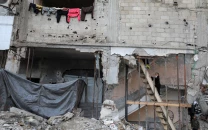
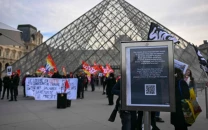
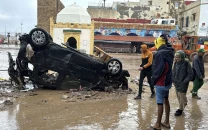

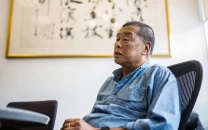












COMMENTS
Comments are moderated and generally will be posted if they are on-topic and not abusive.
For more information, please see our Comments FAQ